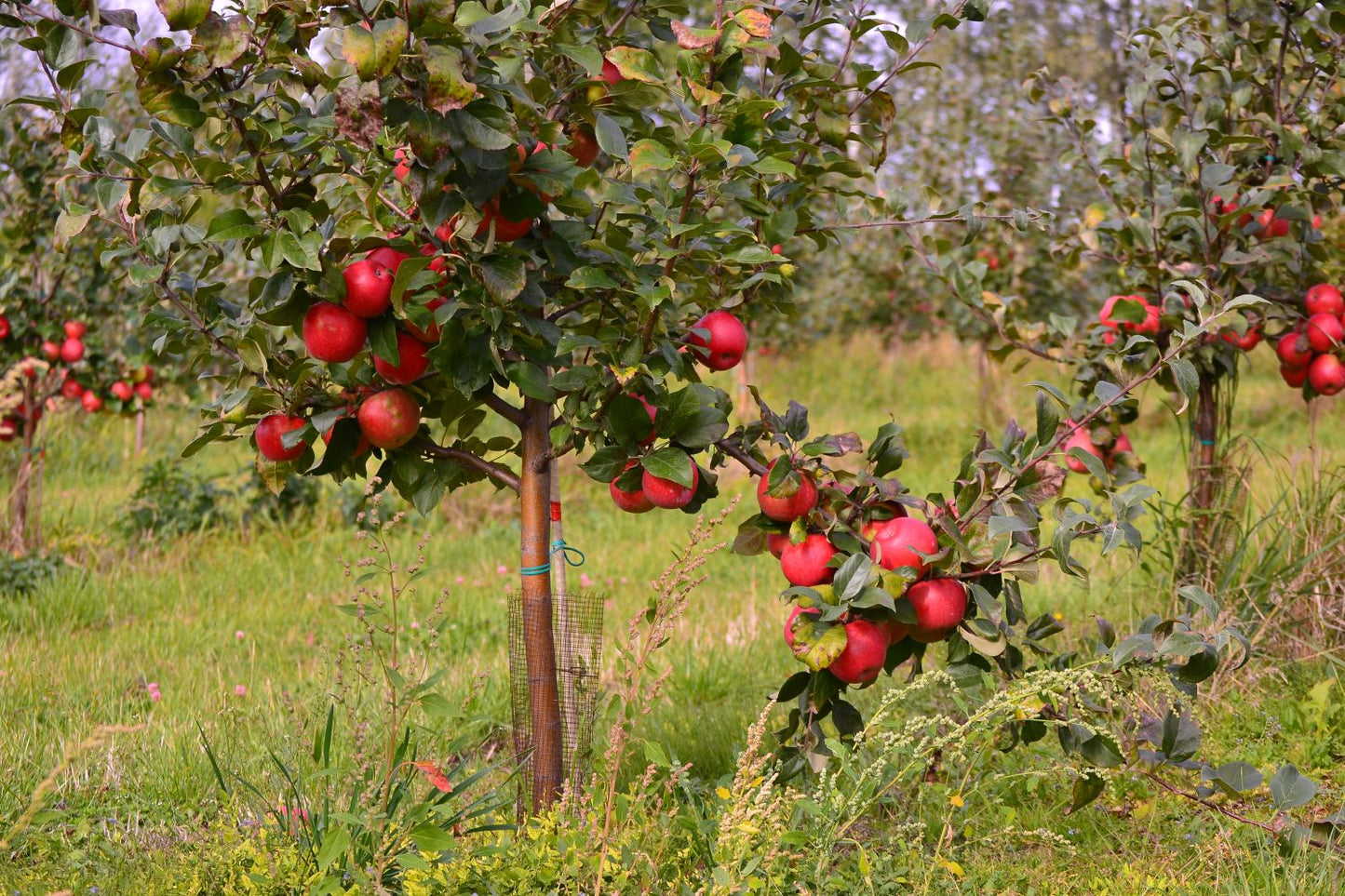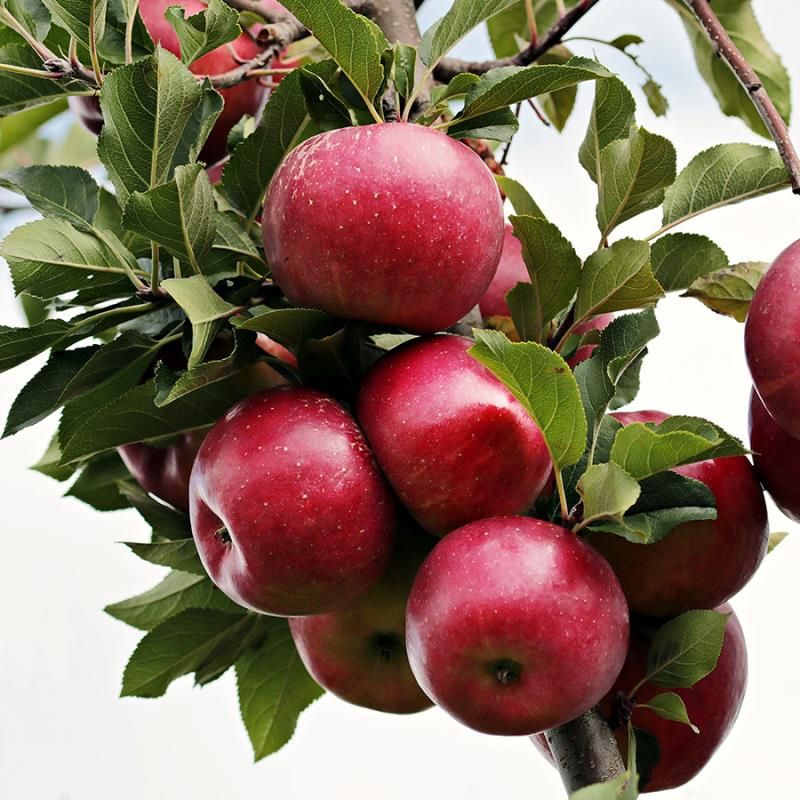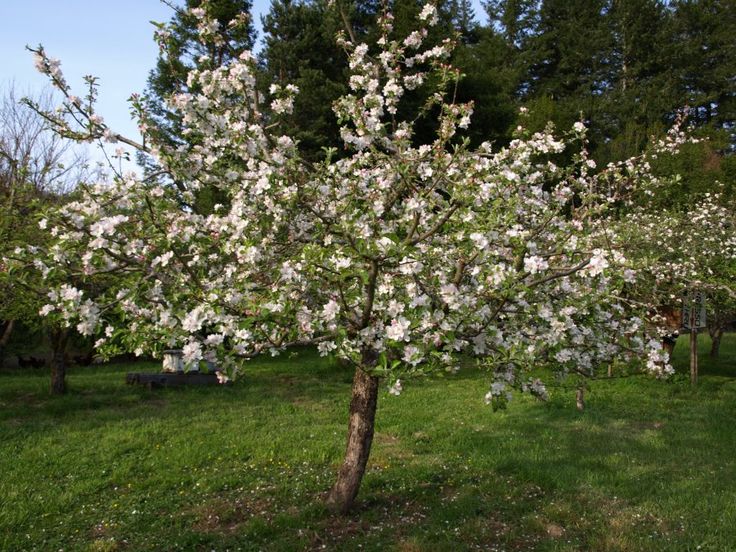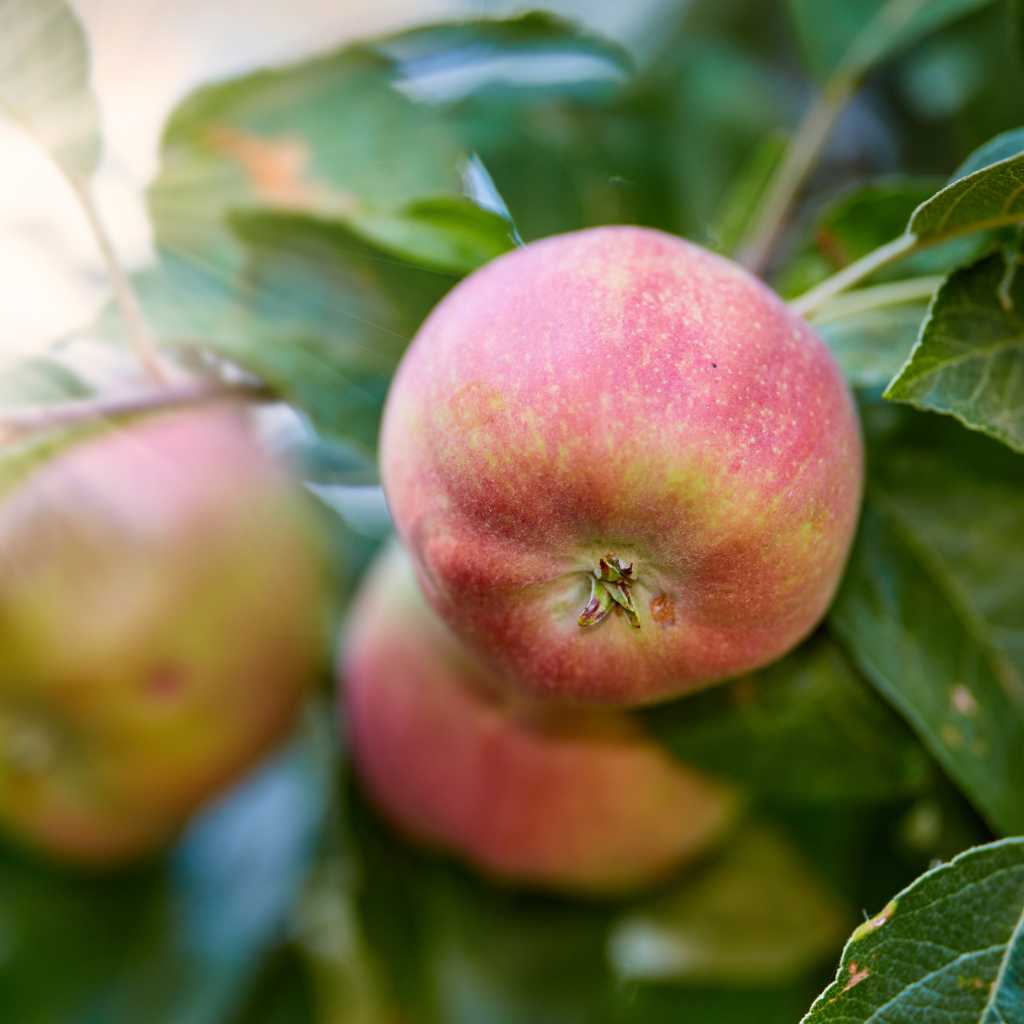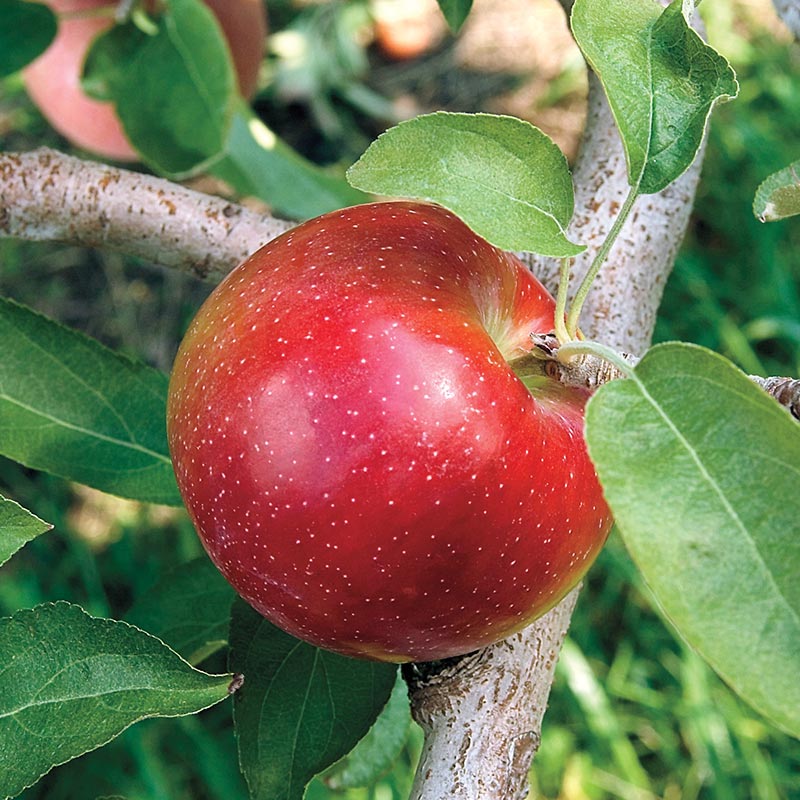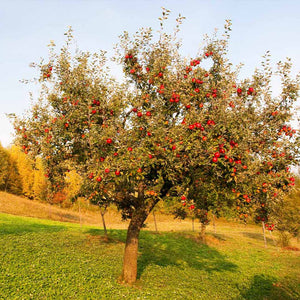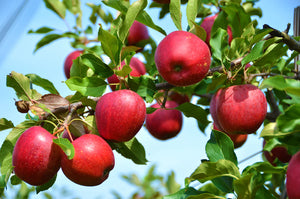Sold out! Take a look at these similar plants we have for you:
Couldn't load pickup availability
Liberty Apple Tree – Disease-Resistant and Delicious
The Liberty Apple Tree is a standout choice for home orchards, prized for its crisp, sweet-tart flavor and exceptional disease resistance. A reliable producer, the Liberty apple is perfect for fresh eating, baking, or cider-making. With its attractive red-blushed skin and juicy white flesh, this variety is a favorite for gardeners seeking low-maintenance apple trees.
Why Choose the Liberty Apple Tree?
- Disease-Resistant: Naturally resistant to common apple tree diseases, including scab and mildew.
- Flavorful Apples: Sweet-tart and crisp, ideal for fresh eating or baking.
- Cold Hardy: Thrives in a wide range of climates, especially in zones 4-8.
Pollination and Growing Needs
The Liberty Apple Tree is partially self-pollinating but will yield more fruit when paired with another variety, such as the Golden Delicious Apple Tree. Cross-pollination ensures a larger and more consistent harvest.
Other Names for Liberty Apple Tree
- Malus 'Liberty'
- Liberty Apple
Specifications
- Name: Liberty Apple Tree (Malus 'Liberty')
- Grow Zone: 4 to 8
- Light Requirements: Full sun
-
Average Full-Grown Height:
- Dwarf: 8-10 feet
- Semi-Dwarf: 12-15 feet
- Standard: 18-25 feet
- Pollination: Benefits from cross-pollination with another apple variety
- Harvest Season: Late September to October
- Fruit Texture: Crisp and juicy
- Fruit Flavor: Sweet-tart
Size Options
- Dwarf: Compact and perfect for smaller spaces, 8-10 feet tall.
- Semi-Dwarf: Great for medium-sized gardens, reaching 12-15 feet.
- Standard: Ideal for large orchards or properties, growing 18-25 feet tall.
About Our Small American Business
We are a state-licensed small family farm nursery, dedicated to providing high-quality apple trees and more. When you shop with us, you’re supporting an American-owned business that takes pride in serving gardeners across the country.
Pair the Liberty Apple Tree with another pollinator from our Food Trees Collection, such as the Golden Delicious Apple Tree, to maximize your harvest.
Shipping
Shipping
All of our trees ship Bareroot which means they will ship with no soil and no pot. This allows the plants to have a safer trip through the mail as well as to cut down on shipping costs majorly. The roots will be carefully removed from the pot they are growing in, and then wrapped in moist material with the roots sealed up to keep them moist during transit.
Shipping Restrictions
Shipping Restrictions
To follow your state regulations, we can not ship this plant to California, AZ, AK, HI
Deliveries to WA, UT, ID, NV, MT, ND, and SD MUST be shipped Bareroot.
Check Out Our States We Can Ship To Guide
Will My Plant Have Leaves?
Will My Plant Have Leaves?
The arrival of your plant may vary depending on the season you order. In zone 6, plants have leaves during the growing season but not in late fall, winter, or early spring when they are dormant.

Bareroot Vs Potted Plants
Bareroot Vs Potted Plants
Our method involves combining potted and bareroot plants. They are initially grown in pots before being carefully shipped without the pot or heavy dirt, as per shipping regulations. The plant is then sent to you bareroot.
Click Here To See More Information About Bareroot VS Potted Trees

What Is A Dormant Tree?
What Is A Dormant Tree?
A dormant tree is a deciduous plant that appears asleep and does not have leaves upon arrival. Proper planting and care are necessary until it awakens in the growing season.
Click Here To See The Best Time Of Year For Planting Trees In The Ground

What Is A Grow Zone?
What Is A Grow Zone?
A grow zone is the precise USDA zone where you reside. Certain plants are not adaptable to colder zones, while others struggle in warmer zones. Familiarizing yourself with your zone and the plant's compatibility is vital. Click Here to learn more about grow zones.

What If I Have Other Questions?
What If I Have Other Questions?
We have a great FAQ page that answers many more questions and in great detail to help you have success with your new plants! See Our Frequently Asked Questions Here.
